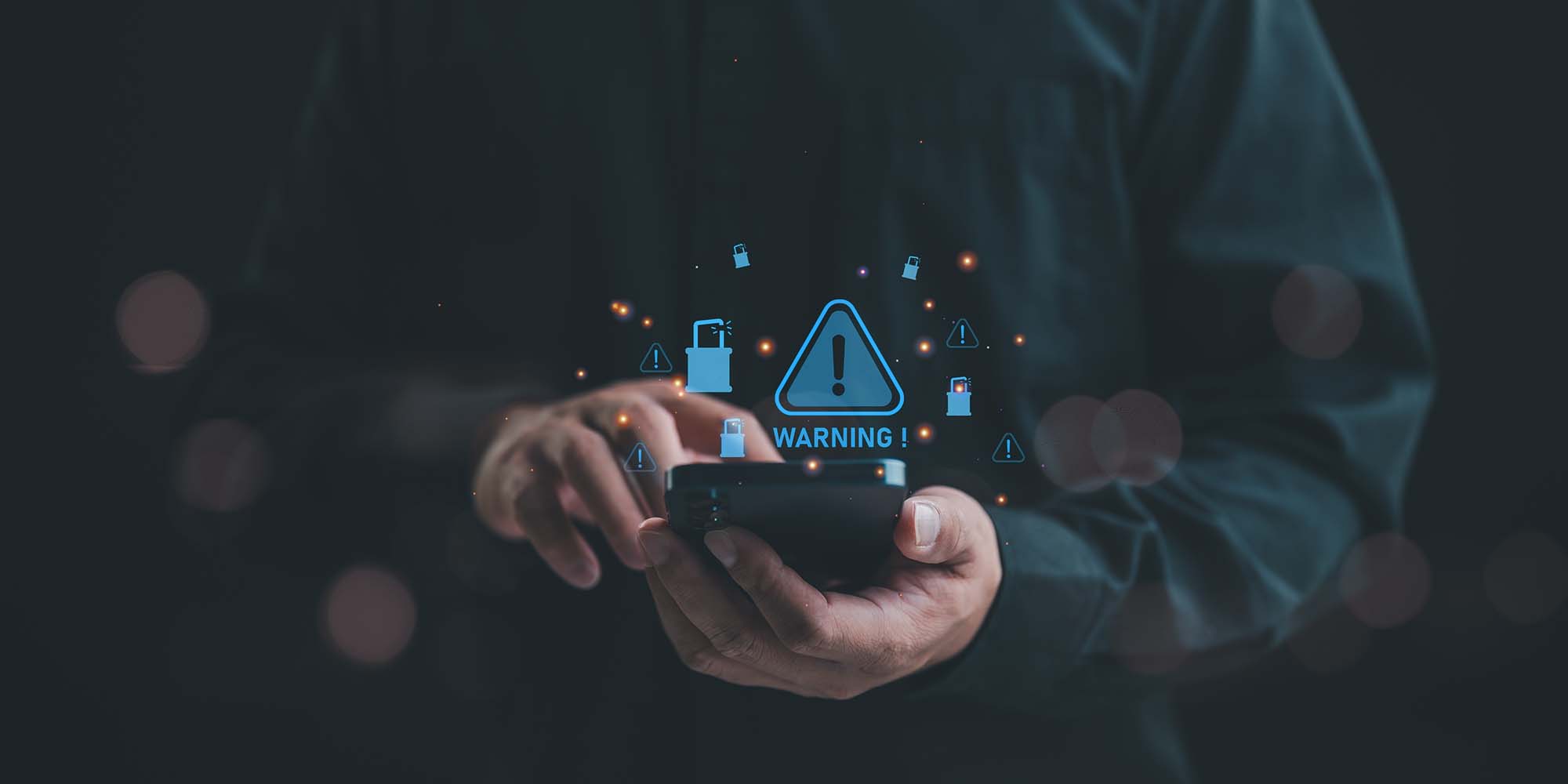5 applications to delete immediately from your smartphone - DEEP
5 applications to delete immediately from your smartphone
10 April 2025

Your smartphone, with all its functions, is an incredibly practical tool for everyday use. However, behind this diversity of applications sometimes lie major risks to your security and privacy. Particularly if you have an Android phone, it's vital to be vigilant and not blindly download applications without checking their reliability.
Some applications, once present on the Google Play Store, have been found to be spying on users, illegally collecting their personal data, or sending this information to third parties without consent. Popular apps such as ‘Noizz’, ‘Essential Horoscope’, ‘UC Webbrowser’ and ‘SuperVPN’ have been removed after being accused of spying and violating privacy. If you still have any of these apps on your phone, it is strongly recommended that you uninstall them immediately. Although they have been removed from the official stores, they can still cause damage to devices where they are installed.
A few practical tips to protect your smartphone :
1. Download only trustworthy applications
It is essential to give preference to applications available on official stores such as Google Play or the Apple App Store. These platforms carry out rigorous checks before allowing an application to be added. However, be careful if you download an application from outside these stores, as they may contain malware or spying functions. Be wary of applications from dubious sources.
2. Check the authorisations requested by the application
When you install a new application, it often asks you for authorisations to access certain data on your smartphone (location, camera, microphone, etc.). Only give these authorisations if they are really necessary for the application. For example, a torch application does not need access to your location or contacts. Be careful and always check the permissions before accepting.
3. Update your applications and operating system regularly
Security updates are essential to protect your smartphone from vulnerabilities discovered in applications and the operating system. Make sure you activate automatic updates for your applications and operating system so that you have the latest protection against potential threats.
4. Read users' opinions and reviews
Before installing a new application, take the time to read user reviews. This feedback can alert you to potential problems, such as suspected excessive data collection or degraded performance. The more positive reviews an application has, the less risk it poses. Conversely, be wary if an application has few or negative reviews regarding its security or reliability.
5. Install antivirus software for smartphones
Anti-virus software can detect and neutralise potential threats, including malicious applications that could spy on your data. Be aware of risky applications
As well as popular applications like those mentioned above, many lesser-known applications can be even more dangerous. Cybercriminals are creative and can disguise their intentions behind seemingly innocuous applications. For example, torch, weather, games or health and wellbeing applications are often used as Trojan horses to collect sensitive information without the user being aware of it.
-
Torch apps: Although very simple, they can actually collect your personal data in the background. It's best to use the native application supplied with your smartphone.
-
Weather apps: These are commonly used, but they can also hide spyware. It is advisable to only use weather applications from reliable and well-established sources.
-
Mobile games: Some games require excessive access to sensitive data such as your microphone or contacts. If a game asks you for irrelevant permissions, such as access to your camera or microphone, be particularly careful.
-
Health and fitness apps: These apps are often used to track your health habits, but they can also be prime targets for attacks aimed at stealing sensitive data. Make sure that the applications you use for your health come from reliable sources and comply with data protection regulations.
-
Free web browsers and VPNs: Many free web browsers and VPN services collect your data and sell it to third parties. Pay for reputable solutions that guarantee the confidentiality of your browsing data
In short, how can you protect yourself?
The security of your data depends largely on the choices you make when downloading applications. Only download applications you really need, from trusted sources, and always be cautious about the authorisations requested. By following these simple tips, you can enjoy your smartphone in complete safety and protect your personal information from potential threats.
Contact us
Do you have any questions about an article? Do you need help solving your IT issues?
Contact an expert







Our experts answer your questions
Do you have any questions about an article? Do you need help solving your IT issues?

